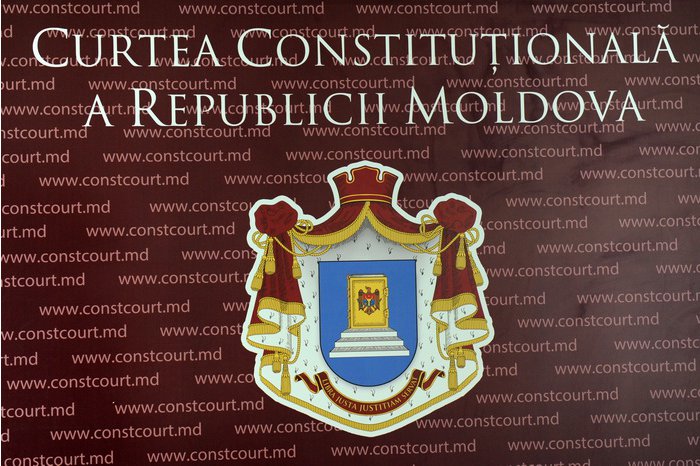Moldovan top court issues ruling on public authorities' obligation to provide information to Supreme Security Council
14:41 | 29.10.2020 Category: Political
Chisinau, 29 October /MOLDPRES/ - The Supreme Security Council (CSS) will no longer be able to get any kind of information from the state’s central authorities and the institutions subordinated to the government. Today, the Constitutional Court (CCM) said that the text ‘’as well as other information’’ from the Article 12, paragraph 7 of the Law on state’s security does not meet the exigencies of the law’s quality and runs counter the Article 23, paragraph 2, of the Constitution.
The high court was notified by MP Serghei Sirbu. The lawmaker asked CCM to check the constitutionality of the Article 12, paragraphs 7 and 8 from the Law on state’s security No 618 from 31 October 1995. The MP said that these provisions were unpredictable and can trigger their abusive enforcement by the Supreme Security Council. Also, the author noted that, based on the appealed provisions, CSS, which does not have constitutional status, had become a body of coordination and constraint, placed above all state powers.
The Court stated that the text ‘’as well as other information’’ from the Article 12, paragraph 7 of the Law on state’s security does not meet the exigencies of the law’s quality and runs counter the Article 23, paragraph 2 of the Constitution. The magistrates found out that the presentation of information by authorities and autonomous public legal entities pursued the formulation of recommendations by the Supreme Security Council in the sector of domestic and foreign policy of the state and therefore, the ensuring of the state’s security. This task of the Council can be justified through more legitimate goals provided for in the Article 54, paragraph 2 of the Constitution: ensuring the national security, ensuring the territorial integrity, ensuring the country’s economic well-being, ensuring the public order, protection of rights, freedoms and dignity of other people.
The Court established that, in order to observe the constitutional principles, the public authorities and autonomous public legal entities, when they receive demands from the Supreme Security Council on the supply of information, they must evaluate, depending on the factual and legal circumstances of each case, whether the information requested is meant for the achievement of the law’s legitimate goals and whether there is no disproportionate interference with the right to the observance of the person’s private life.
The CCM ruling is final, cannot be subjected to any appeal and enters into force on the date of its adoption.

